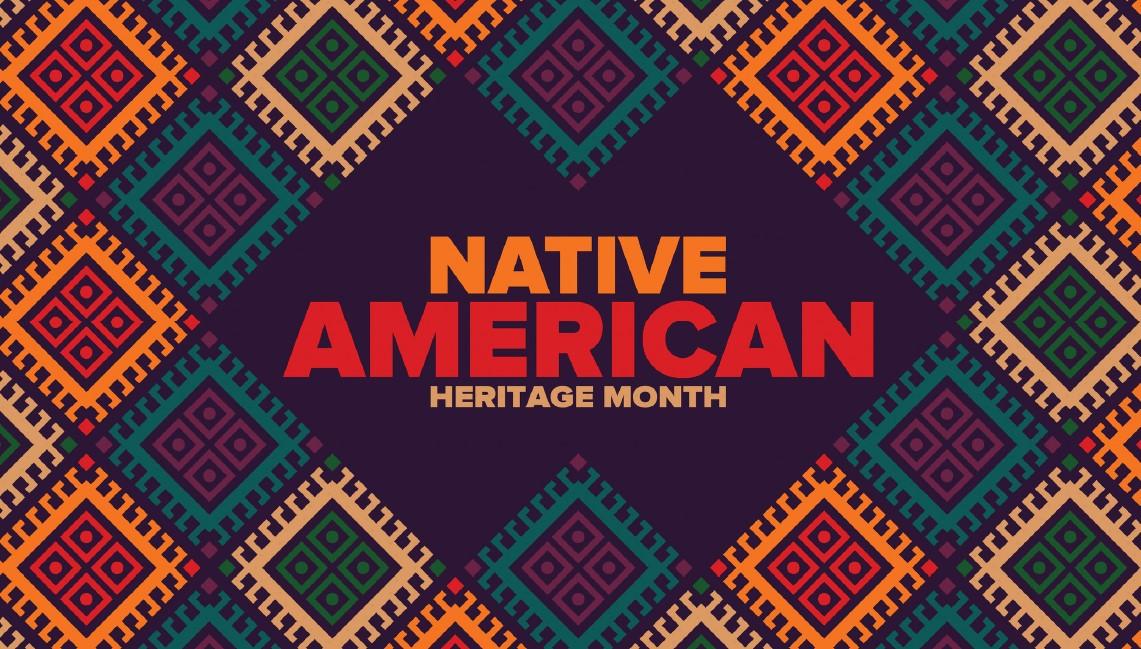Native American Heritage Month, Rising Anti-Semitism

November is Native American Heritage Month. As far as I can tell, Duke University does not have a formal Land Acknowledgement Statement, though there is an effort among the Native American and Indigenous Students Alliance (NAISA) to get the university to adopt one. “A Land Acknowledgement is a formal statement that recognizes and respects Indigenous Peoples as traditional stewards of this land and the enduring relationship that exists between Indigenous Peoples and their traditional territories." (source: https://nativeamericancouncil.org.uiowa.edu/acknowledgement-land-and-sovereignty) For our part, Duke Neurology acknowledges the Tutelo, Haliwa-Saponi, Sappony, Eno, and Occaneechi people upon whose ancestral land we now work, along with their enduring relationship to that land.
Some dispute the value of these statements, given that they are only words, not necessarily backed up by any action to improve the current lives of indigenous people or restore any land that was unjustly taken. My personal view is that both are important. We should acknowledge the history of the land upon which Duke was built while also taking affirmative steps toward equity and reconciliation.
NAISA has proposed tuition scholarships for Indigenous students, inclusion of Indigenous alumni on the Board of Trustees, creation of a Native American/Indigenous President’s Council, and recruitment and retention of more Indigenous students. I am not qualified to opine on these particular proposals, rather I provide them here as a demonstration of steps that would go beyond the adoption of a Land Acknowledgement Statement.
______________________
The D&I Committee recently sponsored two Grand Rounds.The first was Dr. Alex Marshall as our first NCCU Connections speaker. He spoke on the neurobiology of alcohol addiction. The second was our first D&I-themed talk of the year, Dr. Gaby Byrd, speaking on intergroup anxiety. You can watch them here: https://neurology.duke.edu/duke-neurology-grand-rounds. We have our next D&I lecture in February, an update on the AAN’s actions to fight racism in Neurology by Dr. Nimish Mohile. Prior D&I Grand Rounds speaker Dr. Christopher Lunsford was recently featured in this article about his anti-ableist advocacy.
The updated 2022-2023 Duke Neurology Faculty Handbook has been posted. It contains helpful information about the department organizational structure, policies, promotions, grants, D&I resources, and a lot more.
________________________
Although this information is contained at the bottom of all of my monthly emails, I want to once again feature our suggestion box for those who don’t always read to the bottom.
The Duke Neurology Suggestion Box is available for anyone to use, and you can remain anonymous. Please share with us any good news that you want to make the department aware of or any concerns you have related to diversity, equity, and inclusion.
__________________
Lastly, I want to take a moment to address antisemitism as it has been in the news a lot recently. While antisemitism has been growing for years (see: Charlottesville rally in 2017 ; Pittsburgh synagogue shooting in 2018; former president Trump’s loyalty comments in 2022), what has gotten the most attention recently are the combined actions of Ye (formerly known as Kanye West) and Kyrie Irving, NBA player. While Ye saying he was going to go “death con 3 on Jewish people” is pretty obviously antisemitic, many antisemitic remarks require a trained ear to detect. Antisemitism is often communicated through dog whistles and innuendo based on malicious stereotypes. The two most common ones you’ll hear are about wealth/greed and about control. Sometimes, even a simple reference to money is intended as a wink to the wealth and control myths about Jewish people. Likewise, referencing a Jewish person (e.g. George Soros) and attributing to him more power than he could logically hold is a way of expressing antisemitic beliefs about Jewish people.
Here is a guide to the various antisemitic tropes you might hear.
I do not expect everyone to memorize all of these tropes. What I ask is that when you hear in the news that someone was accused of antisemitism, you keep an open mind that what you might think was a benign or even mostly accurate statement is, in fact, trading in these harmful stereotypes. In the end, we must allow Jewish people to be the ultimate arbiters of what is antisemitic the way we would any other racial or religious minority group.
